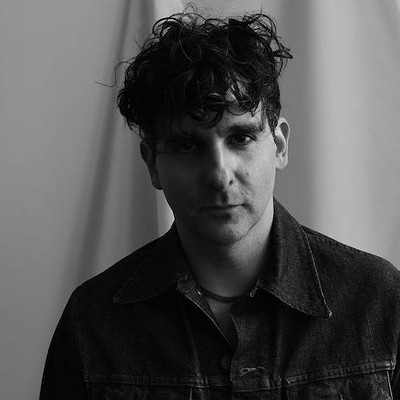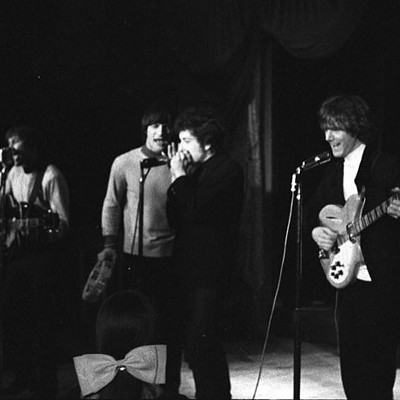"If, for any reason, this voting process is interrupted, is found to have been tampered with in any way, or for any other reason that Sponsor believes in its sole discretion to be reasonably necessary, Sponsor reserves the right to select the winners at its discretion."
This is what it says at the bottom of the MTV Video Music Awards voting page, and what it basically means is that MTV can completely disregard the fan voting results and choose the winner they want, for lots of different reasons. Total baloney, right?! Nine year-old me is fuming right now at the thought of all my votes for Kelly Clarkson's "Behind These Hazel Eyes" being nothing but a waste of time, a mere speck in my DisneyChannel.com-filled browser history lost to some overarching marketing deal.
The idea of these popular fan-voted music awards shows "rigging the system" has been gossiped about for years now, although a quick skim through the terms and conditions page on many a voting Web site can give some solid proof to speculators out there. But it recently popped up again when a couple of Viners sent out some pretty angry, accusatory tweets after not winning the Teen Choice Awards they were nominated for.
Now, you may be thinking, "Sure the petty TCAs pick the winner that will leave the overall majority of tween girls satisfied, but the VMAs? Who strive on the basis of being 'all about the fans'?"
When you think about it, it makes tons of sense. The VMAs have been deemed "Super Bowl for youth," so of course such a huge annual event has to pull some stunts in order to keep such a large audience tuned in. Mind you, they didn't even start allowing fans to vote until the 2000s, and no one can see the results. So shouldn't we expect them to tweak the outcomes in order to make for a more entertaining viewing experience? I'm going to push it and say I even prefer it this way.
As an avid music awards-show fanatic myself, I can say that the last thing we remember from these events are the awards. It's a performance/fashion show at its core, and what fills our Twitter feeds the next morning isn't a recap of who won "Best Female Pop Video," it's Nicki Minaj angering Christians with her Exorcist-themed performance, it's Marilyn Manson showing up with near-naked Rose McGowan on the red carpet.
The basis of how networks choose these winners is all about media coverage. It's about viewership. It's about social-media stats. It's about business deals between artists and the powers that be. It's about making fans happy, and -- excuse me as I channel my inner conspiracy theorist -- it's also sometimes about making fans unhappy, because unhappy viewers cause social-media uproars, which in turn causes more media attention. Right? I just love the drama of it all.
These awards are all simply promotional tools used to make certain artists seem more prestigious, and it seems like each year a different artist gets his or her turn. Every time after a VMA or Grammy Awards ends, you'll hear people calling it "the year of _____." Maybe a certain artist racked up a high number of awards on that given night, or maybe we just happen to see a lot of a particular artist one year.
The 2004 and 2010 Grammys were all about Beyonce, who received six awards on each night. The 2012 awards were all about Adele, who received five Grammys and had the whole show lead up to her performance. Of course, sometimes artists deserve this heightened recognition, like the two I just mentioned. However, a lot of times you can just smell something fishy.
Who thinks this year's VMAs will be the year of Miley? Yes, I think that all of this is planned way ahead of time.
Story continues on the next page.





